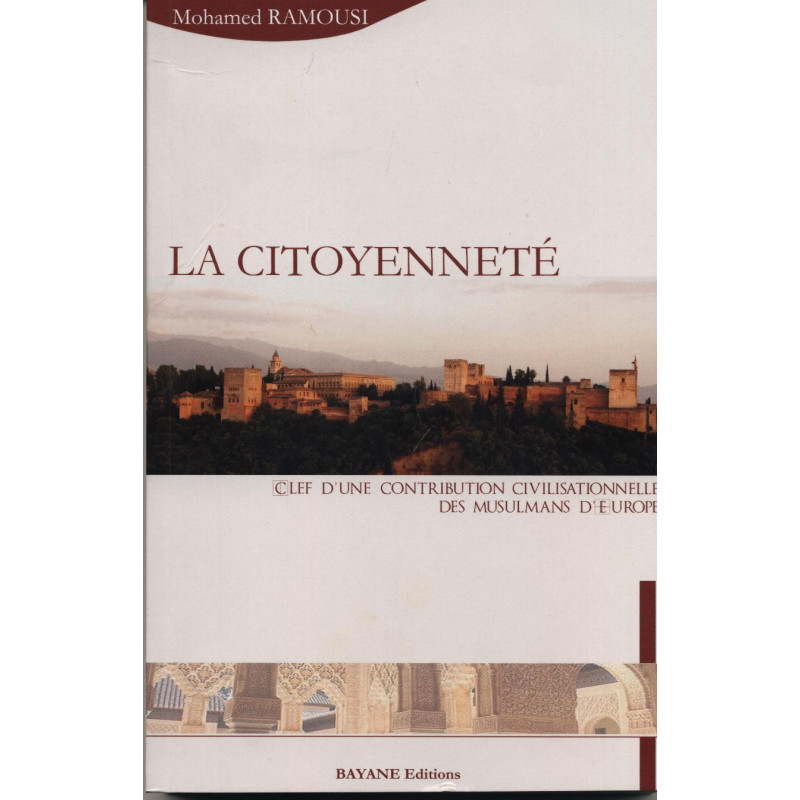

Promotions SANA: Jusqu’à -20%, Cliquez ici
Promotions SANA: Jusqu’à -20%, Cliquez ici
Talking about citizenship for Muslims covers two dimensions. First, a discourse supporting the idea of an assumed citizenship constituting the common base - and a theological discourse referenced, both at the level of the sources of Islam and of lived realities. Second, the deconstruction of the arguments that hinder this civic presence.
Talking about citizenship for Muslims covers two dimensions. First, a discourse supporting the idea of an assumed citizenship constituting the common base - and a theological discourse referenced, both at the level of the sources of Islam and of lived realities. Secondly, the deconstruction of the arguments that hinder this civic and positive presence of Muslims is essential to take the opposite view of the most excluding discourses. This will allow us to demonstrate that citizenship is theologically legitimate and that it constitutes the keystone for the contribution of Western Muslims to their respective countries. Research organizations as well as thinkers have provided epistolary efforts in recent years but the complexity of the subject requires special attention and deserves to be oriented because the intellectual commitment for more coherence in the life of the Muslim is not yet managed to realize its ambitions and the ambiguity persists.
Data sheet
Specific References
No customer reviews for the moment.